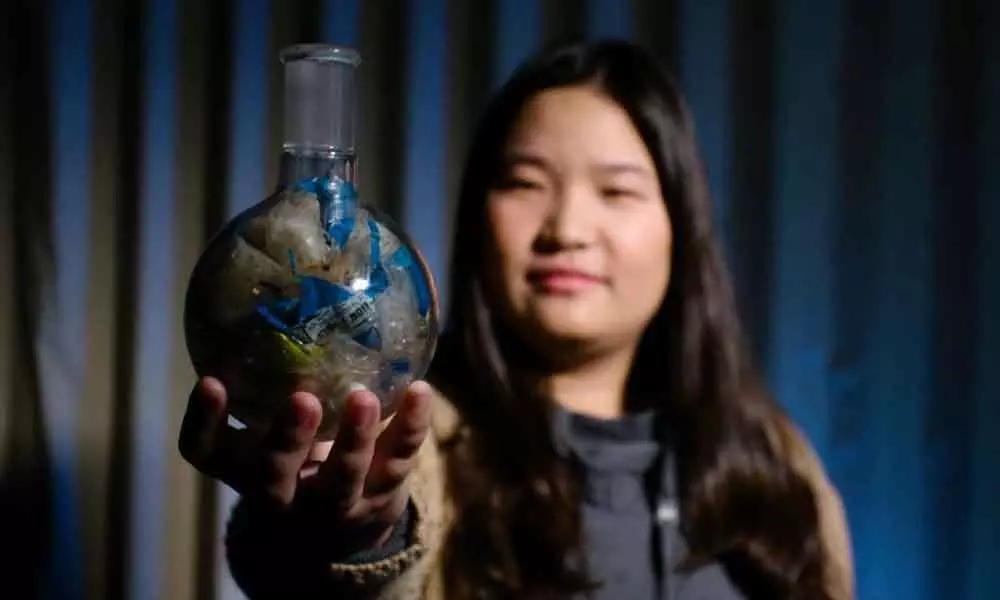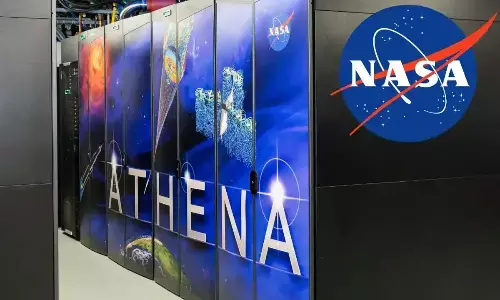Novel method turns plastic waste into lubricants

Scientists have developed a new method for upcycling single-use plastics into high-quality liquid products, such as motor oils, lubricants, detergents and cosmetics.
Washington (PTI): Scientists have developed a new method for upcycling single-use plastics into high-quality liquid products, such as motor oils, lubricants, detergents and cosmetics.
The advance by researchers, including those from Northwestern University in the US, also improves on current recycling methods that result in cheap, low-quality plastic products. The catalytic method, described in the journal ACS Central Science, serves a one-two punch by removing plastic pollution from the environment and contributing to a circular economy.
"Our team is delighted to have discovered this new technology that will help us get ahead of the mounting issue of plastic waste accumulation," said Kenneth R. Poeppelmeier from Northwestern University. "Our findings have broad implications for developing a future in which we can continue to benefit from plastic materials, but do so in a way that is sustainable and less harmful to the environment and potentially human health," Poeppelmeier said.
The researchers noted that each year, 380 million tonnes of plastic are created worldwide. As the plastics market continues to increase, many analysts predict production could quadruple by 2050, they said. More than 75 percent of these plastic materials are discarded after one use. Many of them end up in our oceans and waterways, harming wildlife and spreading toxins.
"There are certainly things we can do as a society to reduce consumption of plastics in some cases," said Aaron D. Sadow, a scientist at Ames Laboratory in the US. While plastics can be melted and reprocessed, this type of recycling yields lower-value materials that are not as structurally strong as the original material. Examples include down-cycling plastic bottles into a molded park bench, the researchers said. When left in the wild or in landfills, plastics do not degrade because they have very strong carbon-carbon bonds.
Instead, they break up into smaller plastics, known as microplastics. "We sought to recoup the high energy that holds those bonds together by catalytically converting the polyethylene molecules into value-added commercial products," said Massimiliano Delferro, from Argonne National Laboratory in the US. The catalyst consists of platinum nanoparticles -- just two nanometers in size -- deposited onto a perovskite nanocubes, which are about 50-60 nanometres in size.
The team chose perovskite because it is stable under the high temperatures and pressures and an exceptionally good material for energy conversion. Under moderate pressure and temperature, the catalyst cleaved plastic's carbon-carbon bond to produce high-quality liquid hydrocarbons, the researchers said.

















